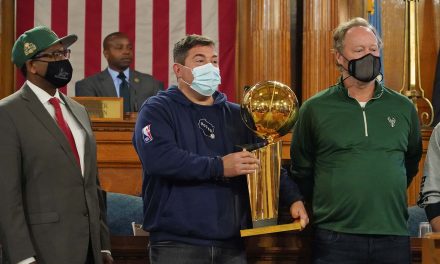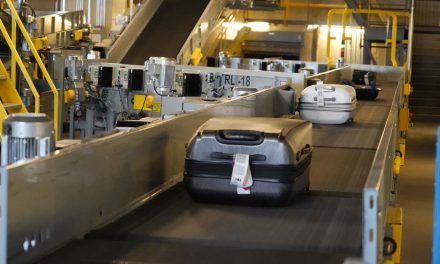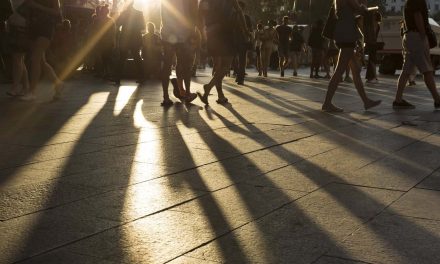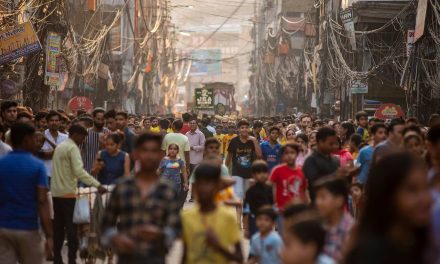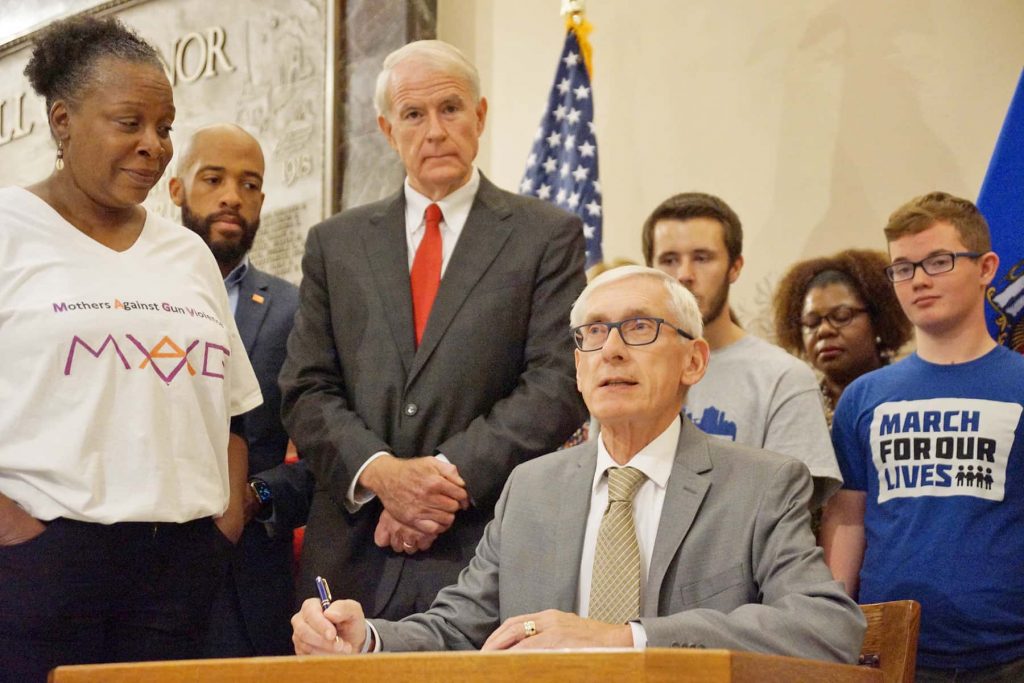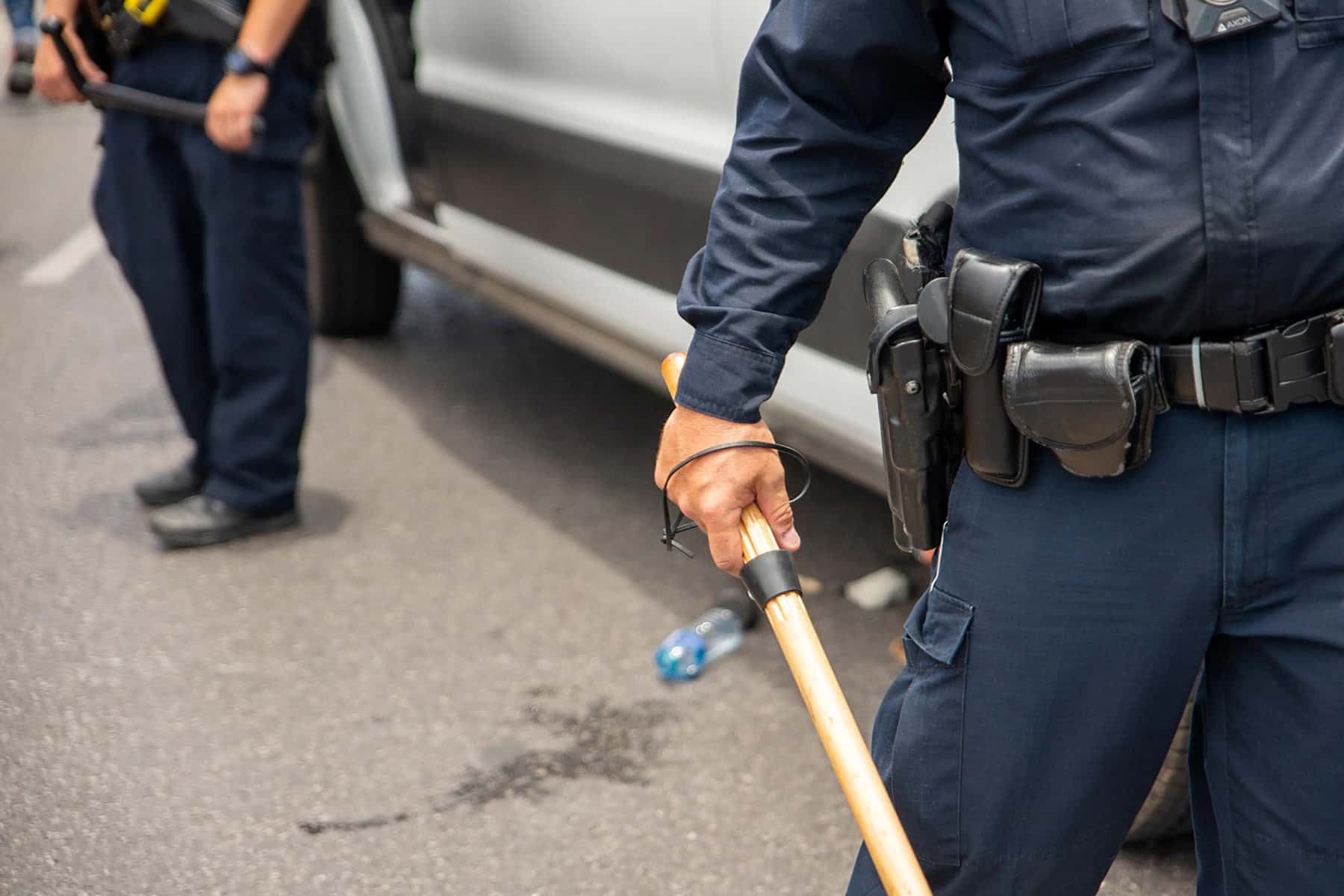
There has been much celebration in America that a murderous, psychopathic cop will spend the rest of his life in jail for killing George Floyd. While the moment – this rare moment where a White cop who kills an unarmed Black man actually is held to account — does appropriately get nationwide recognition, it also should provoke nationwide introspection.
For example, why did a police officer’s knee end up on the neck of a man who was accused of passing a bad $20 bill? And why wasn’t that one of the central questions in this trial?
Why was a cop patrolling a neighborhood he doesn’t live in? And how has Ronald Reagan’s decision to hyper-militarize our nation’s police with surplus military equipment widened the gap between police officers and the communities they are supposed to serve?
Why is the behavior of police towards citizens in Black and poor neighborhoods so different from that of police in White and affluent neighborhoods? How is this part of a larger system of racism, regionalism and economic exploitation that sustains poverty and creates communities that resemble war zones?
Why is it that of the roughly 12,000 American citizens killed by police officers since 2000, Derek Chauvin is only the 6th cop to be convicted of murder?
Why does America, with 4% of the worlds population, have about a quarter of the world’s prisoners? And why are so many of those prisoners held in such brutal conditions? Why, for that matter, is slavery – yes, actual slavery – still legal in the United States under the 13th Amendment just so long as the enslaved person has violated some law? And how do these three things relate to each other?
Donald Trump’s instructions that cops should rough-up suspects notwithstanding, policing should not be about punishment. It should be about prevention of crime and disorder, and service to the community. Police should draw their power from the consent and respect of the community, not the size and power of their guns or the brutality of their jails.
Police who dress like something out of Star Wars don’t just resemble an occupying army: they are an occupying army. That is not the basis of policing; it’s an absolute sign of the failure of policing. The most powerful tool for policing is the cooperation of the community, and that cooperation only comes when police are viewed as legitimate representatives and members of that community.
The second most powerful tool for policing is when the police officers themselves are held in personal respect by the citizens they protect and serve. When they’re perceived as “the good guys.” When they are thought of as the best and the brightest, not as the high school bullies or drunken-jocks-grown-up.
None of these are radical positions, or even particularly controversial. What’s shocking is how absent they’ve been from our two-week-long conversation about this trial and the questions around policing it raises.
Back in 1996 I was writing a book about policing, and a friend who was a private detective at the time and a former small town police chief got me into the Georgia Police Academy for a short course of instruction offered to small-town police officers and people participating in executive protection details.
One of my instructors there was a retired Secret Service Agent who, although being elderly and disabled with a bad limp, was legendary for his ability to use aikido to put a 250-pound man on his back in less than five seconds. I watched him do it more than once.
His true passion, though, was the “General Instructions” given by the London Metropolitan Police Department to every new officer starting in 1829. Memorization was, he said, mandatory. According to what he taught us, they have served as a guiding principle for policing in the UK — particularly in the years when most Bobbies did not carry guns — and most of Europe pretty much ever since.
Robert Peel’s 9 Principles of Policing: London, 1829
- To prevent crime and disorder, as an alternative to their repression by military force and severity of legal punishment.
- To recognize always that the power of the police to fulfill their functions and duties is dependent on public approval of their existence, actions and behavior and on their ability to secure and maintain public respect.
- To recognize always that to secure and maintain the respect and approval of the public means also the securing of the willing co-operation of the public in the task of securing observance of laws.
- To recognize always that the extent to which the co-operation of the public can be secured diminishes proportionately the necessity of the use of physical force and compulsion for achieving police objectives.
- To seek and preserve public favor, not by pandering to public opinion; but by constantly demonstrating absolutely impartial service to law, in complete independence of policy, and without regard to the justice or injustice of the substance of individual laws, by ready offering of individual service and friendship to all members of the public without regard to their wealth or social standing, by ready exercise of courtesy and friendly good humour; and by ready offering of individual sacrifice in protecting and preserving life.
- To use physical force only when the exercise of persuasion, advice and warning is found to be insufficient to obtain public co-operation to an extent necessary to secure observance of law or to restore order, and to use only the minimum degree of physical force which is necessary on any particular occasion for achieving a police objective.
- To maintain at all times a relationship with the public that gives reality to the historic tradition that the police are the public and that the public are the police, the police being only members of the public who are paid to give full time attention to duties which are incumbent on every citizen in the interests of community welfare and existence.
- To recognize always the need for strict adherence to police-executive functions, and to refrain from even seeming to usurp the powers of the judiciary of avenging individuals or the State, and of authoritatively judging guilt and punishing the guilty.
- To recognize always that the test of police efficiency is the absence of crime and disorder, and not the visible evidence of police action in dealing with them.
My favorite line was, “To maintain at all times a relationship with the public that gives reality to the historic tradition that the police are the public and the public are the police…”
Much of American policing, as I laid out in my book The Hidden History of Guns and the Second Amendment, grew out of British military occupation forces in the 1700s and the slave patrols in the Old South.
While the Derrick Chauvin conviction is a victory against a system that routinely murders unarmed Black people under color of law, if it is to have any lasting impact we must use it to force a larger conversation about the role, purpose and practice of policing in America. We must reinvent policing in America now. Today.
© Thom Hartmann, used with permission. Originally published on The Hartmann Report as When Will America End “Slave Patrol” Policing?
Subscribe to The Hartmann Report directly and read the latest views about U.S politics and other fascinating subjects seven days a week.

